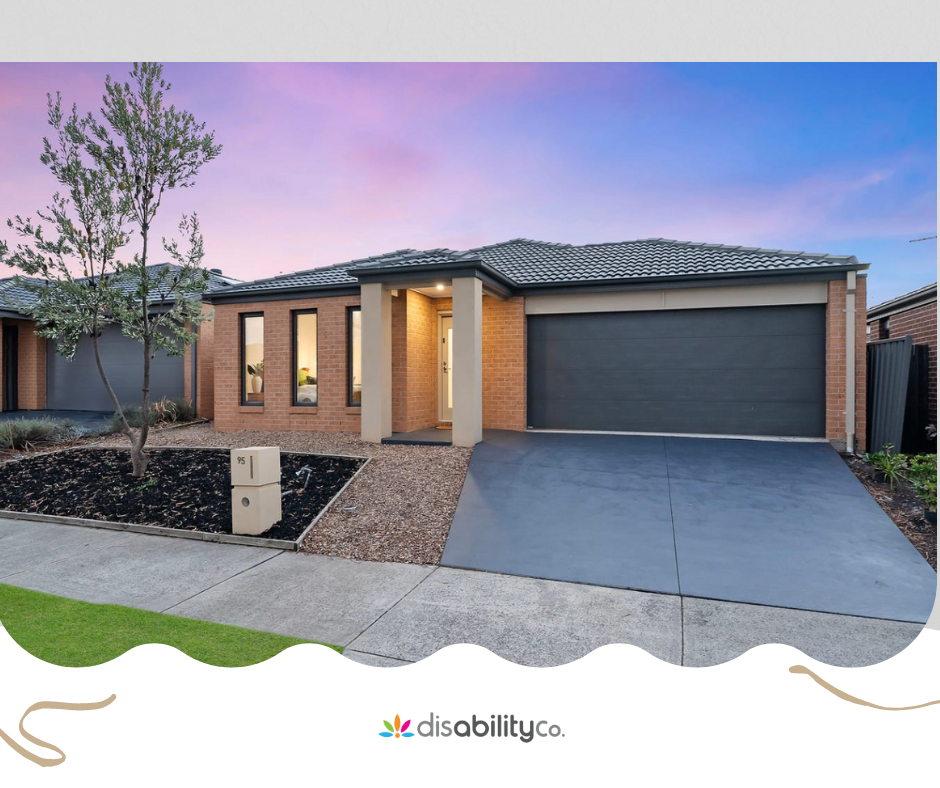The Benefits of SIL Housing for Individuals with Disabilities
Explore the numerous benefits of Supported Independent Living (SIL) housing for individuals with disabilities, highlighting how it fosters independence, personalized support, community integration, and overall quality of life.

Supported Independent Living (SIL) housing is a vital resource for individuals with disabilities, providing a unique blend of independence and support. It is designed to empower residents to live fulfilling lives while receiving the assistance they need to thrive. This article explores the various advantages of SIL housing, highlighting how it promotes increased independence, personalized support, and community integration.
1. Increased Independence: One of the most significant benefits of SIL housing is the emphasis on fostering independence. Residents have the opportunity to manage their daily routines and make choices that enhance their quality of life. SIL housing allows individuals to live in their own space, whether it’s a shared apartment or a standalone unit, while still having access to support services as needed. This balance encourages residents to take charge of their lives, learn essential life skills, and gain confidence in their abilities.
2. Personalized Support: SIL housing offers tailored support to meet the specific needs of each resident. Support services are flexible and can be adjusted based on individual requirements, ranging from assistance with personal care and daily tasks to help with medication management and budgeting. This personalized approach ensures that residents receive the right level of support, promoting autonomy while also ensuring their safety and well-being. Care plans are developed collaboratively with residents and their families, allowing them to have a voice in their care.
3. Community Integration: Living in SIL housing also facilitates community integration, which is essential for social well-being. Residents have the opportunity to engage with their local community, participate in recreational activities, and build relationships with their neighbors. This sense of belonging can significantly enhance emotional health and reduce feelings of isolation. Many SIL housing providers organize social events and outings, creating a vibrant community where residents can connect, share experiences, and support one another.
4. Skill Development: SIL housing environments are designed to encourage skill development, preparing residents for greater independence. Individuals can learn essential life skills such as cooking, cleaning, and budgeting in a supportive environment. Additionally, many SIL programs offer training sessions and workshops that focus on building social skills, improving communication, and enhancing decision-making abilities. This empowerment not only boosts confidence but also prepares individuals for potential future opportunities.
5. Enhanced Quality of Life: By providing a stable and supportive living environment, SIL housing significantly enhances the overall quality of life for individuals with disabilities. Residents enjoy the freedom to express themselves, engage in activities they love, and make choices about their daily lives. The combination of independence, personalized support, and community connection fosters a sense of purpose and fulfillment, leading to improved mental and emotional well-being.
6. Flexibility and Choice: SIL housing offers residents the flexibility to choose how much support they receive and when they need it. This flexibility allows individuals to adapt their living arrangements as their needs change over time. Whether it’s transitioning to more independence or requiring additional support, SIL housing is designed to accommodate these shifts, ensuring that residents can continue to thrive in their living environment.
Supported Independent Living (SIL) housing provides numerous benefits for individuals with disabilities, promoting increased independence, personalized support, and community integration. By offering a balanced approach to living, SIL housing empowers residents to take control of their lives, develop essential skills, and engage with their communities. As awareness of the advantages of SIL housing continues to grow, more individuals can access these life-changing opportunities, enhancing their quality of life and fostering a more inclusive society.

